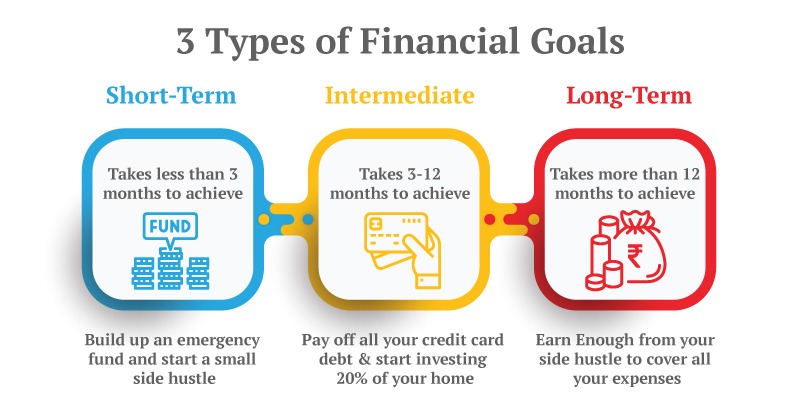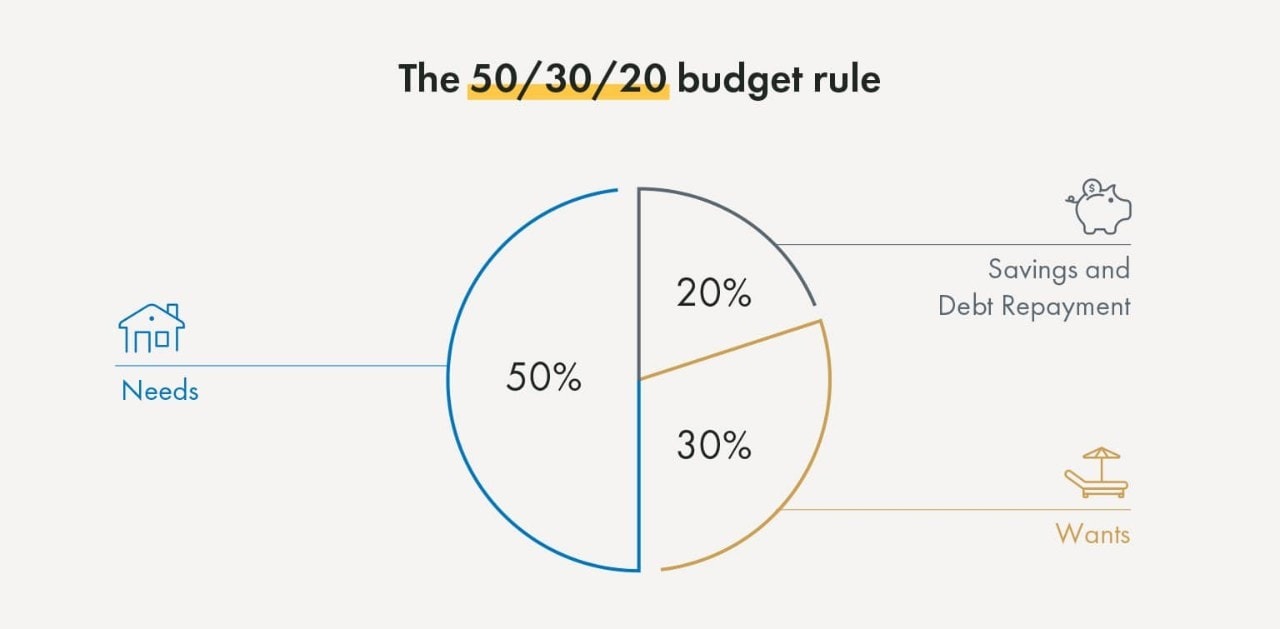Long-term financial goals are an integral part of financial planning. They will help you define your aspirations and create a roadmap to achieve them.
Long-term goals are not easy to achieve. But why?
Could it be that motivation decreases with time? Perhaps the external circumstances will change. Perhaps it has to do with the feasibility of goals.
Many people find it difficult to hold on to something in a single year, let alone several years or decades.
How can we action everything that prevents us from achieving these financial goals? Is it possible to win?
Yes. That’s it.
Today I would like to introduce you to some ways in which you can achieve your long-term financial goals. I’m not claiming that it will be easy, but it will be worth it.
Whether you need to pay off debt, build an emergency fund, save for your kids’ college education, or invest in retirement, here are some ways to get by, cap’n.
Why Long-Term Financial Goals Are Important

Long-term financial goals guide and motivate your financial decisions. When you set your long-term goals, you will have a clear idea of what you want to achieve and what steps you need to take to achieve it. Setting long-term financial goals can help:
Focus on your priorities: Setting long-term financial goals will help you prioritize your financial decisions and avoid being distracted by short-term financial needs or impulses.
Achieving financial stability: long-term financial goals can help you build a safety net, build wealth, and prepare for unforeseen events such as medical emergencies or job loss.
Take advantage of mixture interest: if you invest in long-term goals such as retirement or education, you can use the power of mixture interest and increase your wealth over time.
1. Enter your long-term goals in your to-do list.

As a rule, long-term financial goals are more like projects than individual tasks.
For example, if you want to pay off your debts, you probably don’t just need to repay a credit card – you may have three credit cards, a car loan and a student loan that you need to overcome (if not more).
“Repaying debts” would be the project. “Pay visa #1” would be the task.
The truth is that without writing your projects and tasks into a task management system of a certain type, you will have much less chances to achieve your long-term goals.
It’s just something seeing your long-term goals on paper (or on a screen) that makes them real. The act of writing them down is a kind of obligation.
Give him a swirl. Write down your long-term financial goals and review them regularly.
2. Do not bury your long-term goals.

It is not enough just to write down your long-term financial goals. In addition, you need to make them easily accessible to your eyes.
One idea that works well is to write your goals on a whiteboard where you can’t help but see them. But it’s not for everyone.
The fact is that you need to find a way to see your long-term goals in the context of all your other goals (namely, your short-term goals).
3. Devote certain days of the week to long-term goals.
A helpful tip I received from the Strategic Coach was to dedicate certain days of the week to certain goals. It has proved to be very useful in my own life, and I believe that it will also be useful in your life.
For example, you could spend a certain day of the week managing your finances and thinking about how to improve your financial future. Maybe you have a day off that suits you best.
Now I can hear her say: “Oh Jeff, if I only had one day for such tasks – I’m way too busy with other things!” It’s fair.
But here’s the thing, you don’t just have to make this a finance day – you can also make it your other long-term goals. In addition, there are health, family and other areas of responsibility.
Think of this day (or days) of the week as a matter of improving yourself and your life. Can’t you take the time for that?
